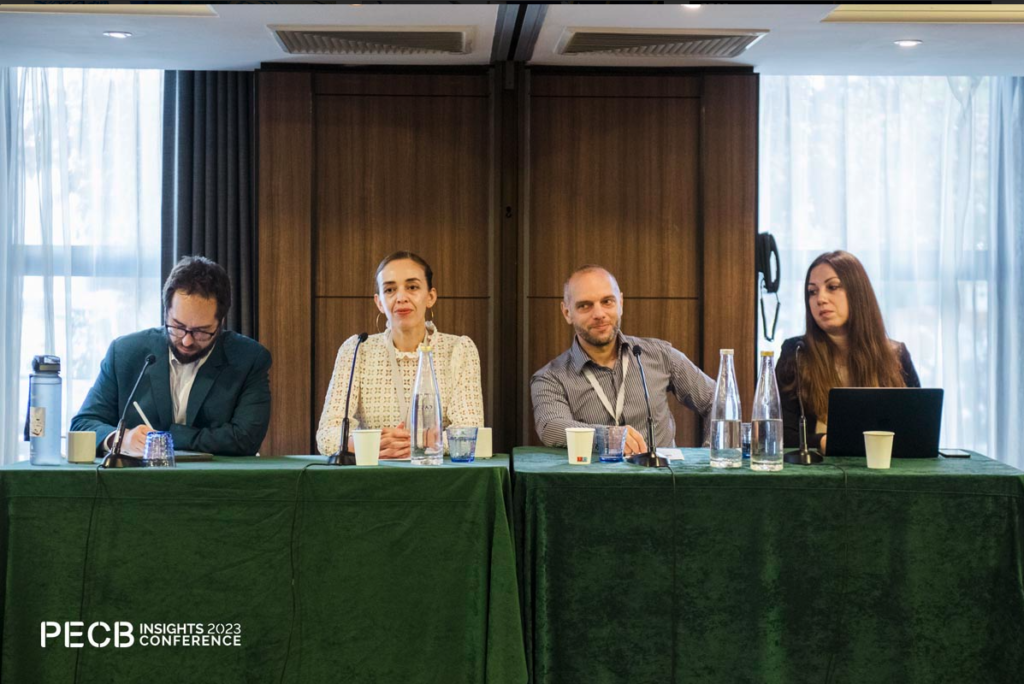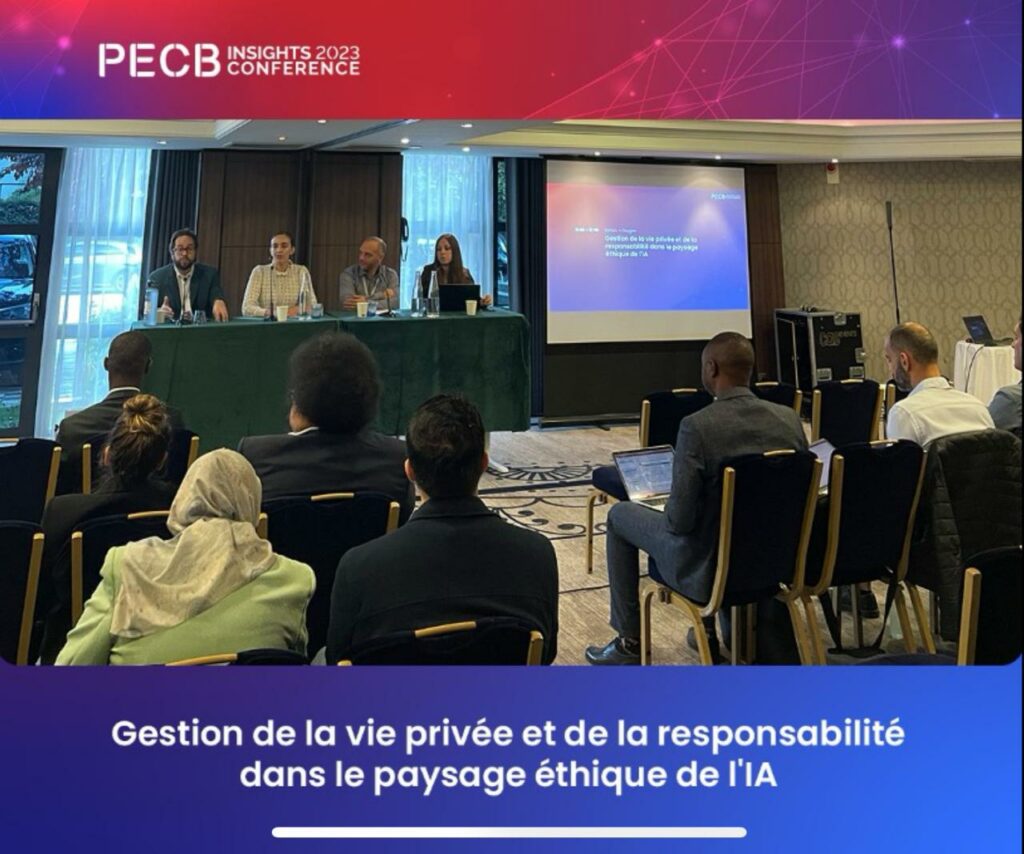Amidst a sudden increase in paid-for posts that went viral for dubious products and services, France has taken a significant step toward the regulation of influencer communication. The Act no. 2023-451 (Influencers Act), which came into effect on 9 June 2023, aims not only to protect consumers but also to support the influencers, in order to foster the healthy growth of this ecosystem. France is now the first European Union (EU) country to implement a thorough framework regulating commercial influence.
Background information
Digital influencers have changed the way companies can promote their products and services, from beauty and fashion to technology, notably by blurring the lines between commercial advertising and genuine consumer reviews.
Between 8 to 31 January 2023, the French Ministry of the Economy conducted a public consultation on the influencer ecosystem, to evaluate of the contemplated regulation, which received an overwhelming support from the panels.
Key provisions beating on influencers
General ban on certain communications
The following communications are explicitly banned from any influencer communication:
- Cosmetic surgery and procedures;
- Alternative therapeutic technics;
- Nicotine-based products;
- Non-domestic animal trade.
- Certain financial services, notably as they pertain to blockchain-based services (e.g. NFT); and
- Online gambling and betting;
With regard to the latter, the communication remains possible provided that it occurs exclusively on platforms restricted to adults over the age of 18 and subject to the usual specific disclaimer pertaining to the advertising of such services.
Mandatory labeling
The Influencers Act requires influencers to label:
- Their promoted posts with the mention “advertisement” or “commercial collaboration” in a clear, legible and identifiable manner to avoid falling under misleading commercial practices further to Art. L. 121-3 of the French Consumer Code (“FCC”).
Influencers failing to comply with this obligation face up to 300,000 euros in fines and up to two years of imprisonment (Art. 5 Influencers Act).
- The pictures (still or moving) they post and which have been
- edited to enlarge or refine the general appearance or modify the appearance of the model’s face to clearly include the “Retouched images” mention; or
- generated through artificial intelligence (AI), notably generative AI (gen AI) to clearly include a “Virtual image” disclaimer
Influencers failing to comply with this obligation face up to 4,500 euros in fines and up to one year of imprisonment (Art. 5 Influencers Act).
Drop-shipping
In case of sales of goods through a third party (so-called “drop-shipping” practices), influencers will need to abide by obligations of transparency about the identity of the supplier, pursuant to Art. L. 221-5 of the FCC and will bear the liability relating to the legality and availability of the promoted products.
Content moderation and insurance
Influencers based outside of the European Economic Area or Switzerland but directing their activities to a French audience are required to appoint a legal representative in the EU, as well as to subscribe to a dedicated insurance covering the potential damage resulting from their activities.
Key provisions bearing on platforms used by influencers
Further to the entry into force of the European Regulation no. 2022/2065 on a Single Market for Digital Services (Digital Services Act or DSA) on 25 August 2023, the Influencers A amended the Act no. 2004-575 of 21 June 2004 for trust in the digital economy (Loi pour la Confiance dans l’Économie Numérique or LCEN) increasing the burden on digital platforms, notably for such platforms which allow influencers to conduct their activities.
These platform now have the obligation to promptly remove any illegal content which would be notified through the “trusted flaggers” introduced under Art. 22 DSA.
Key provisions bearing on brands
- The Influencers Act now mandate a written contract between the influencer and the advertised brands, or their respective representatives. This contract, which must imperatively be subject to French law, must include:
- The identity of the parties, including their domiciliation for tax purposes;
- The detailed nature of the influence services;
- The financial compensation or any equivalent advantage resulting from the influence services;
- As the case may be, any provision pertaining to intellectual property.
With regard to liability on the influence services, a joint and several liability between the brand and influencer has been implemented, rendering the brand de jure liable for any damage caused to third party.
Enforcement of the Influencers Act
Just prior to the summer holidays, the French Ministry of the Economy appointed a team of 15 agents responsible for monitoring social networks and responding to complaints.
In parallel, the French Directorate General for Consumer Affairs, Competition and Fraud Prevention (“DGCCRF”) audited fifty influencers in the first quarter of 2023, resulted in 60% of the audited influencers to be found in breach of the then-current (and pre-Influencers Act) misleading commercial practice framework.
These findings led to eighteen injunctions to cease illicit practices and sixteen criminal reports. In the following context, in July, the DGCCRF published a code of conduct for influencers and content creators in July, explaining their duties and obligations in accessible language.
Whether you are a brand considering hiring the services of influencers or an influencer yourself, the K&L Gates Luxury Product & Fashion team remains at your disposal to assist you in your compliance with the new French framework.
First publication: K&L Gates Fashion Law Watch Blog in collaboration with Camille Scarparo.










